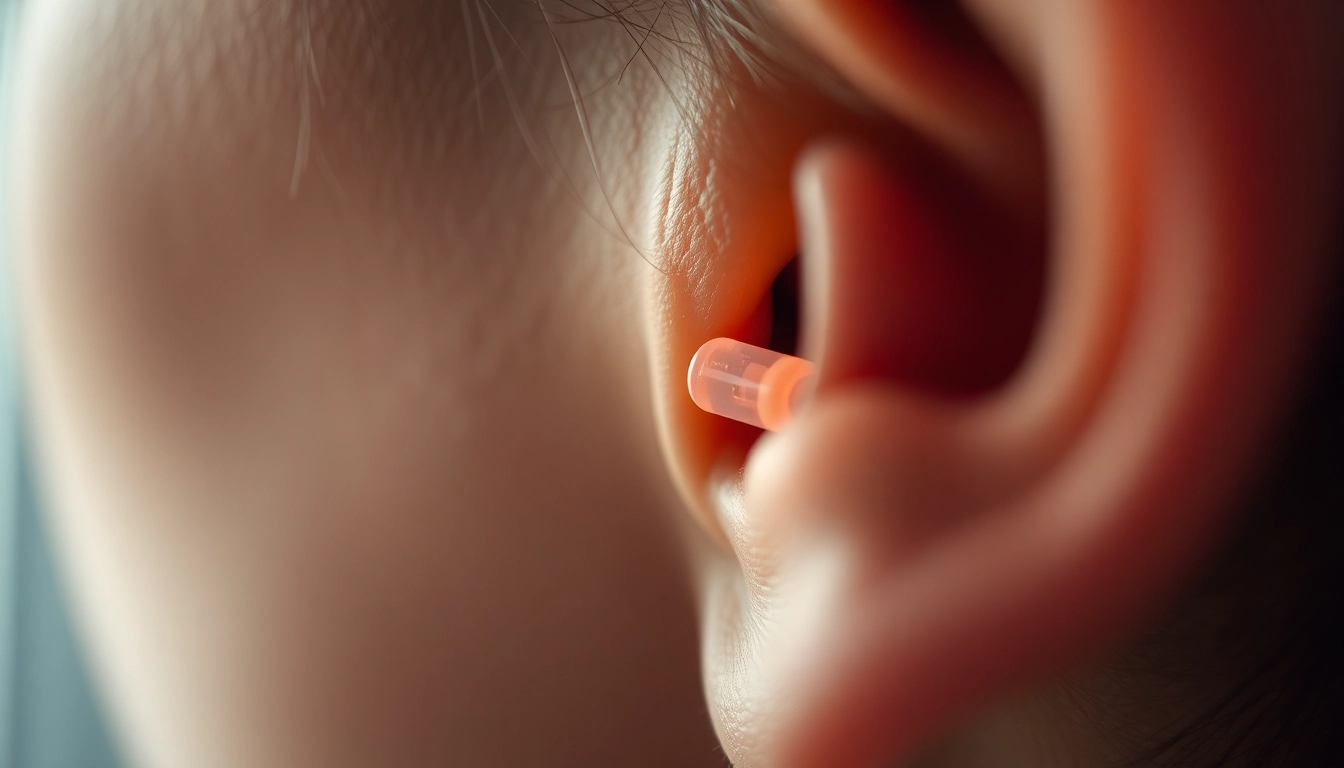Understanding Dental Checkups
What Are Dental Checkups?
Dental checkups, often referred to as routine dental examinations, are comprehensive assessments performed by dental professionals to evaluate the health of your teeth and gums. These visits typically include a physical examination of the oral cavity, including the teeth, gums, tongue, and other surrounding structures. During a dental checkup, your dentist will look for signs of cavities, gum disease, and other oral health issues that could impact your overall well-being. Additionally, checkups often involve professional cleaning to remove plaque and tartar buildup, which can lead to dental problems if left untreated.
Importance of Regular Checkups
Regular checkups play a crucial role in maintaining optimal dental health. They provide an opportunity to detect potential issues early, before they escalate into more serious conditions that may require extensive and costly treatments. For instance, early detection of cavities can prevent the need for root canals or crowns, while timely intervention for gum disease can avert tooth loss. In essence, these visits not only preserve your smile but also contribute to your overall health by minimizing risks associated with oral infections and diseases.
Common Procedures During Checkups
A typical dental checkup may include the following procedures:
- Visual Examination: The dentist inspects the mouth for signs of dental issues, including tooth decay, gum disease, and oral cancer.
- X-rays: Dental radiographs may be taken to identify underlying problems not visible during a visual examination.
- Teeth Cleaning: Dental hygienists perform professional cleanings to remove plaque, tartar, and stains, promoting better oral hygiene.
- Fluoride Treatment: A fluoride application may be offered to strengthen tooth enamel and prevent cavities.
- Oral Health Education: Dentists provide personalized advice on maintaining good oral hygiene practices, including brushing and flossing techniques.
When to Schedule Your Checkups
Recommended Frequency for Adults
The recommended frequency for dental checkups varies based on individual oral health needs. Generally, adults are advised to schedule checkups every six months. This timeline allows dentists to monitor the health of the teeth and gums, providing preventive care to avoid future problems. However, individuals with specific issues—such as gum disease or a history of cavities—may benefit from more frequent visits, such as every three to four months.
Checkups for Children: Key Milestones
For children, dental checkups should begin as soon as their first tooth erupts or by their first birthday, whichever comes first. Following this initial visit, children should have checkups every six months. These visits are vital for monitoring the development of teeth and jaws, ensuring children are growing properly, and addressing common childhood issues such as cavities and misalignment. Dentists also use these consultations to educate children on proper dental hygiene and address any potential behavioral issues associated with dental visits.
Signs You Need to Visit the Dentist Sooner
While regular checkups are essential, certain signs and symptoms may indicate the need for an immediate visit to the dentist, including:
- Persistent toothache or dental pain.
- Swelling or tenderness in the gums.
- Bleeding gums, especially during brushing or flossing.
- Sensitivity to hot or cold foods and beverages.
- Bad breath that does not improve with brushing.
- Visible holes or pits in the teeth.
What to Expect During a Checkup
Initial Consultation and Assessment
During your first visit to a dental practice or after an extended absence, you can expect a thorough assessment. The dentist will review your medical history and any previous dental treatments. This consultation is a vital opportunity for patients to express dental concerns, current health issues, or changes since their last checkup. A comprehensive assessment helps tailor the follow-up steps to your specific dental needs.
Common Dental Tests and Examinations
In addition to a visual examination, various tests may be performed during your checkup, including:
- X-rays: These can help identify hidden problems like cavities, bone loss, or impacted teeth.
- Periodontal Assessment: Dentists may measure the depth of gum pockets to assess gum health and detect any signs of periodontal disease.
- Oral Cancer Screening: An essential part of your dental checkup, particularly for adults, that involves checking for unusual sores, lumps, or growths in the mouth and throat.
By utilizing these evaluations, dentists can provide a comprehensive overview of your dental health, addressing issues early on.
Follow-up Care After Your Checkup
If any dental issues are identified during the checkup, your dentist will discuss necessary follow-up care, which may include:
- Scheduling additional appointments for treatment, such as fillings or extractions.
- Providing a treatment plan for periodontal disease, possibly including deep cleanings or medications.
- Educating patients on maintaining their oral health at home and discussing products that promote dental hygiene, such as specialized toothpaste or mouthwash.
Benefits of Regular Checkups
Preventative Care: Avoiding Major Issues
One of the most significant benefits of regular dental checkups is the emphasis on preventive care. These routine visits enable dentists to spot problems before they become serious. For example, identifying a small cavity that can be filled is preferable to waiting until it leads to a root canal. Regular checkups also allow for professional cleanings that can prevent gum disease, which is linked to various systemic health issues, including heart disease.
Cost-Effectiveness of Routine Checkups
Investing in regular dental checkups proves cost-effective in the long run. By detecting and addressing problems early, patients can avoid costly procedures later. Moreover, many insurance plans cover routine checkups, meaning this preventive care could be available at little to no out-of-pocket cost.
Building a Relationship with Your Dentist
Regular visits help build rapport with your dentist, fostering a trusting relationship that can lead to better communication. Being open with your dentist about concerns can result in tailored advice and personalized care based on your specific needs. Furthermore, a strong dentist-patient relationship often leads to less anxiety and apprehension about future visits.
Choosing the Right Dentist for Your Checkups
What to Look for in a Dental Practice
Selecting the right dental practice involves several considerations:
- Location: Choose a practice that is convenient to your home or workplace.
- Hours of Operation: Ensure the office hours align with your schedule, making it easier to book appointments.
- Services Offered: Assess if the practice provides a full range of services necessary for your needs, including specialists for more advanced dental care.
- Facility Cleanliness and Technology: A well-maintained office with modern equipment can notably enhance your dental experience.
These factors significantly impact your overall satisfaction and the quality of care you receive.
Evaluating Patient Reviews and Testimonials
Reading patient reviews and testimonials can provide insights into the practice’s reputation. Online platforms, social media, and word-of-mouth referrals can reveal patients’ experiences regarding the level of care, staff professionalism, and office environment. Look for consistent positive feedback about pain management and the quality of treatments as indicators of a reliable dental practice.
Choosing Specialists for Advanced Care
In cases where specialized dental treatment is required—such as orthodontics, oral surgery, or periodontics—ensure to choose dentists with the necessary qualifications and experience. Researching credentials, asking for referrals, and investigating any specific needs can help guide you to the appropriate specialist.



